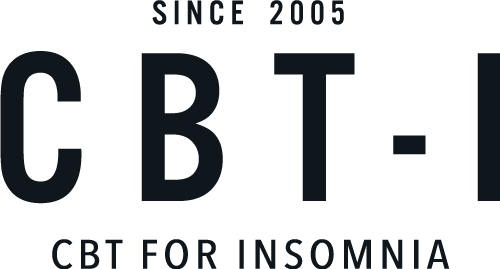The eight hour sleep myth
Massive epidemiologic evidence involving millions of people from at least 30 scientific studies also suggests that the current adult average sleep duration of seven hours is sufficient. This epidemiologic evidence consistently demonstrates a U-shaped curve involving sleep duration and mortality with the lowest mortality at seven hours of sleep. In most of these studies, the risks associated with eight or more hours of sleep have been at least as great as less than seven hours of sleep, and many of these studies found that long sleep is associated with greater mortality than short sleep. Further, the significance of short sleep has generally decreased or disappeared after controlling for factors known to be associated with mortality (i.e., psychosocial stress, smoking, alcohol use, physical inactivity). In contrast, sleeping eight or more hours is associated with elevated mortality risk even after controlling for smoking and similar factors. In short, epidemiologic data suggest that sleeping more than the current adult average sleep duration of seven hours may be a health risk.
Consistent with the preceding survey and epidemiological data, there is no experimental evidence that the current adult average sleep duration of seven hours is associated with impaired neuro behavioral functioning. A few small laboratory studies have suggested that, if allowed to extend time in bed, young normal sleepers without complaints of daytime sleepiness who report sleeping 7-7.5 hours can extend their nighttime sleep by about an hour to 8-8.5 hours if given the opportunity. However, these laboratory findings may not readily generalize to daily life since they involve young sleepers in laboratory conditions of low arousal and boredom, and recent studies suggest that older sleepers have a lower homeostatic sleep drive and sleep need compared to young adults. Furthermore, extension of nighttime sleep has small or non-significant effects on neuro behavioral functioning, subjective alertness, and objective alertness, and naps or caffeine have greater benefits. Adults may have a small level of daytime sleepiness that is normal and tolerable, particularly in younger adults and in the afternoon, due to a circadian propensity for an afternoon nap (that most of us skip)rather than insufficient nighttime sleep or a sleep debt. However, naps or caffeine are more effective and practical than extended nighttime sleep in countering this mild sleepiness,and the NSF survey polls clearly suggest that any mild daytime sleepiness is not noticed consistently, does not interfere with daytime functioning , and does not necessitate naps consistently. Indeed, the only time this mild daytime sleepiness may even be noticed is when lying down in the afternoon and relaxing.
Many people simply cannot extend nighttime sleep because they are already allowing sufficient time for sleep, are getting the sleep they need, or are short sleepers. Moreover, recommendations to get more sleep by extending time in bed can cause insomnia and reduced sleep efficiency, increased sleep fragmentation, and impaired glucose tolerance with extended time in bed. In addition, there is no evidence that sleeping pills (which extend sleep) reduce mortality or improve health outcomes. In fact, they increase mortality risk as documented in twenty epidemiologic studies.
Finally, even the limited experimental data suggesting that just under six hours of sleep is associated with impaired daytime functioning may not generalize to the adult heterogeneous population for numerous reasons:
- This data typically involves young, eight-hour sleepers who are restricted to just under six hours of sleep. Most adults don’t restrict sleep by several hours per night and most adults don’t sleep just under six hours per night.
- People who sleep six hours per night are just as healthy on health-related quality of well being measures as those who sleep eight.
- It is only when eight hour sleepers are restricted to four hours of sleep, typically for a week or longer, that consistent impairment in daytime function is noted. However, very few adults sleep four hours per night or restrict their sleep by 50% for a week or longer. Even in studies with as little as four hours of sleep, there are significant individual differences in response to sleep loss.
- Older and shorter sleepers are less sensitive to the effects of sleep loss,and arecent study found that older people appear to need less sleep than younger people do.
- Most studies on the deleterious effects of sleep loss in the laboratory typically involve far more severe sleep loss than the more modest sleep loss experienced in daily life that is usually accompanied by intermittent recovery sleep.
In summary, it is preliminary to say that we are not getting enough sleep or that we need eight hours of sleep. Instead of devoting more time to sleep, current scientific data suggests that we would be better served by taking short afternoon naps and devoting time to more vital health-enhancing activities such as exercise. The recommendation that we need more sleep has become a double edge sword that has raised awareness of the importance of sleep on one hand while worrying more people into insomnia and sleeping pills-and their potentially serious side effects-on the other.
